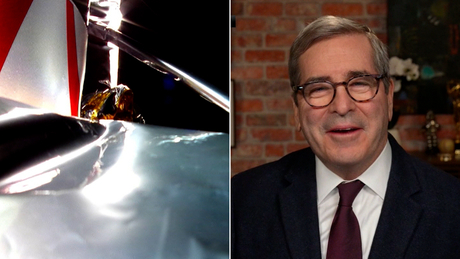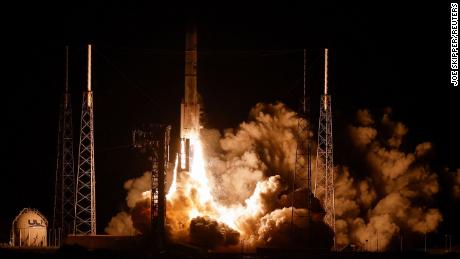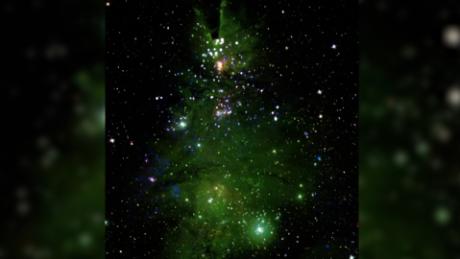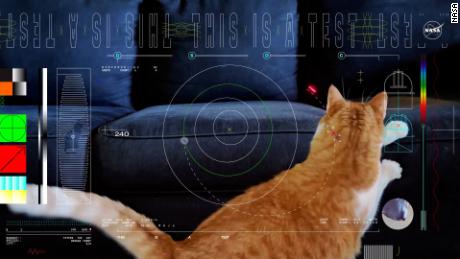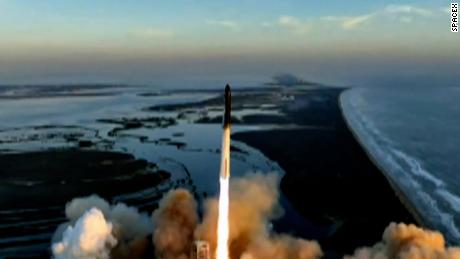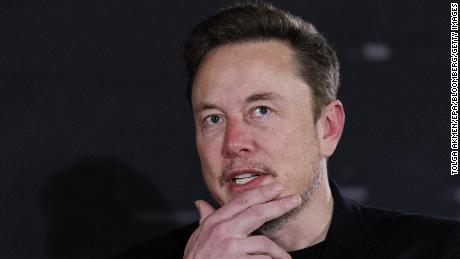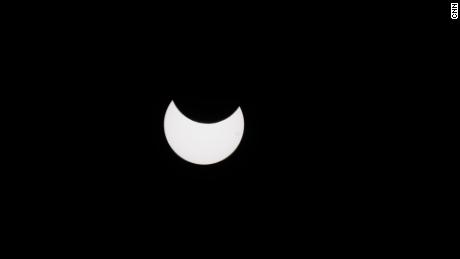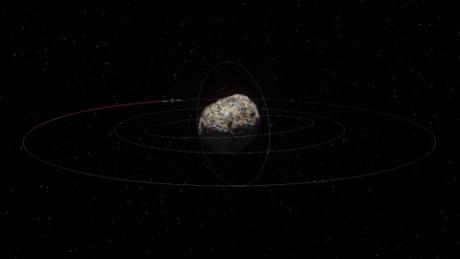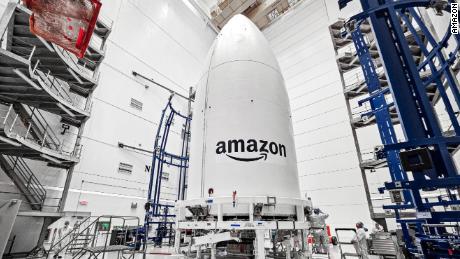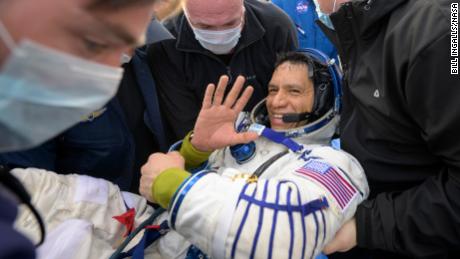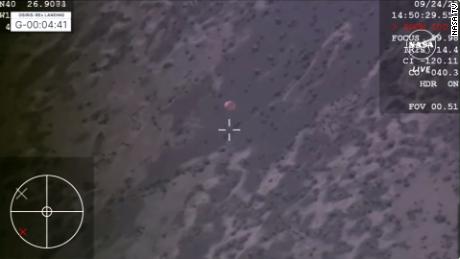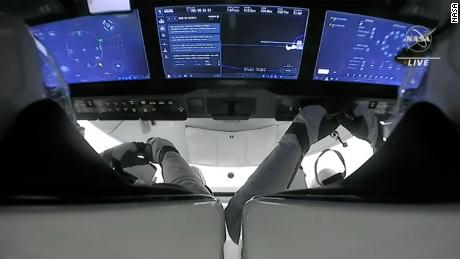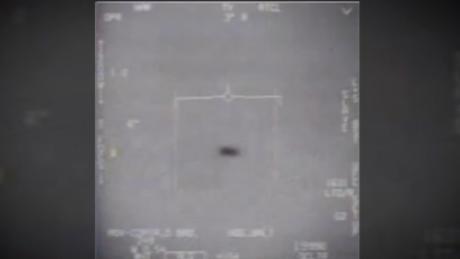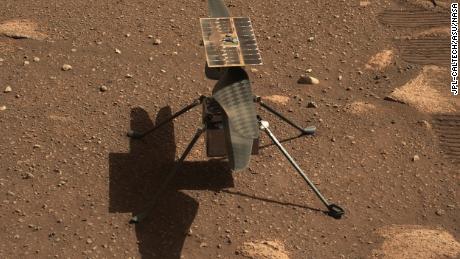(CNN)Boeing revealed Friday that apparent issues with the propulsion system on its Starliner spacecraft ŌĆö which is designed to carry astronauts and potentially tourists to the International Space Station ŌĆö are worse than initially anticipated, putting yet another lengthy delay on the horizon.
The Starliner is a gumdrop-shaped capsule meant to house astronauts and ferry them through space after launching atop a rocket. The vehicle is years behind its planned entry to service, and myriad issues and delays during the development process have been a black eye for Boeing. Meanwhile, its rival, SpaceX, has already completed development and testing of its own crewed spacecraft.
Boeing was slated to repeat an uncrewed test flight of Starliner earlier this month after several major software issues plagued its first attempt in December 2019, leaving the spacecraft unable to dock with the ISS and forced to make an early return to Earth.
After more than a year of working to solve those issues, a new slate of problems was discovered when the spacecraft was rolled out to its launch pad earlier this month and began going through pre-flight ground checks. The issues involved 13 valves in the spacecraft's propulsion system, which were not opening on command as they must before liftoff, according to the company. After attempting to fix the issue on site at NASA's launch facilities in Florida, nine of the 13 valves began working again.
But Boeing disclosed Friday that it still hasn't identified the root cause of the issue, though the company said it was likely related to moisture ŌĆö possibly from the humid Florida air ŌĆö leaking into the propulsion valves. The company also disclosed additional problems with abnormal temperature readings. The company will need to return the Starliner spacecraft to a Boeing factory, signaling a potentially expensive months-long delay before it can proceed with the crucial test.
"We've exhausted every possible option," John Vollmer, the manager of Boeing's Starliner program, told reporters Friday. He acknowledged that Starliner will not launch this test flight in August. It may not even happen in 2021, though, Vollmer said, it's "too much to speculate" at this point.
The orbital flight test, as the uncrewed mission is called, is the final step in a years-long testing process that Boeing needs to complete before it can launch its first mission with astronauts on board.
This mission's success is critical for Boeing, which has been working since the early 2010s to develop a spacecraft capable of taking astronauts to and from the International Space Station. Until SpaceX's Demo-2 flight in May of 2020, NASA had been forced to rely on Russia for human spaceflights after the retirement of NASA's Space Shuttle program.
Boeing and SpaceX each received contracts to provide transportation to the ISS for NASA astronauts, a unique arrangement in which the private companies, rather than NASA, handle development and testing, and NASA essentially buys their services.
SpaceX's development program was also several years behind schedule, but the company has leapt ahead of Boeing. After completing its first crewed flight last year, the SpaceX Crew Dragon capsule has now entered full commercial service. There are even plans to send four tourists on an orbital joyride aboard the vehicle later this year.
Starliner's issues, on the other hand, have been so pervasive that it even set off speculation that NASA may cut ties with the company for this program, though the space agency has staunchly denied those rumors and continued to do so despite revelations of even more issues.
"It's a disappointing day," said Kathy Lueders, NASA's head of human spaceflight, during a press call Friday afternoon. "We are committed to continue working with Boeing on bringing on their crew transportation...and we will go fly when we're ready."
